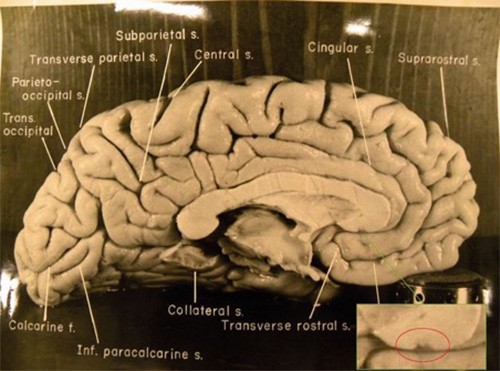The age-old question of whether we grow new neurons when we learn has fascinated scientists and educators alike. While the vast majority of our neurons are present from birth, recent research reveals a more nuanced picture of brain plasticity and its role in learning. Let’s delve into the science behind how our brains change when we acquire new knowledge and skills.
How Our Brains Learn: Beyond Neuron Growth
For a long time, it was believed that the adult brain was incapable of generating new neurons. This belief stemmed from the observation that damaged neurons don’t regenerate. While this is true in most brain regions, the hippocampus, a crucial area for learning and memory, tells a different story.
Learning primarily involves strengthening existing connections between neurons, a process called synaptogenesis. Imagine your brain as a vast network of roads. Learning doesn’t build new roads, but rather strengthens existing ones, making them wider and more efficient. This strengthening occurs when neurons fire together repeatedly, solidifying the pathways associated with the learned information. This principle, known as Hebbian learning (“neurons that fire together, wire together”), underscores the importance of repeated practice and engagement in the learning process.
Neurogenesis: New Neurons in the Hippocampus
While synaptogenesis plays a dominant role, the discovery of neurogenesis – the birth of new neurons – in the adult hippocampus has revolutionized our understanding of brain plasticity. Research using carbon-dating techniques has confirmed that the human hippocampus generates approximately 700 new neurons per day, contributing to roughly one-third of its total neurons by the age of 60.
Figure: A photograph of Albert Einstein’s brain, highlighting the intricate network of connections that underlie intelligence and learning.
The precise role of these newborn neurons in learning remains an active area of research. However, the hippocampus’s crucial role in forming new memories strongly suggests that neurogenesis contributes to our ability to learn and adapt throughout life. Studies have shown that factors like exercise, a healthy diet, and learning itself can boost neurogenesis.
Neuroplasticity: The Brain’s Remarkable Adaptability
Neurogenesis and synaptogenesis are both facets of neuroplasticity – the brain’s remarkable capacity to reorganize itself in response to experiences. This adaptability is not limited to learning new information. It also plays a vital role in recovering from brain injuries. For instance, stroke patients can regain lost motor function through rehabilitation, as undamaged brain areas rewire themselves to compensate for the damaged ones.
Figure: Ramón y Cajal’s groundbreaking drawings of neurons and their interconnectedness laid the foundation for our understanding of the brain’s cellular structure.
Studies of London taxi drivers, known for their exceptional spatial memory, have shown enlarged hippocampi, demonstrating the brain’s ability to physically change in response to specific cognitive demands. Similarly, musicians often exhibit enlarged brain regions associated with finger dexterity, highlighting the impact of practice on brain structure and function.
Implications for Lifelong Learning
The science of neuroplasticity offers profound implications for education and lifelong learning. It reinforces the idea that our brains are not fixed entities but rather dynamic organs capable of continuous growth and adaptation. This means that intelligence is not solely determined by genetics but is also shaped by experiences and learning throughout life.
By understanding how the brain learns, we can develop more effective educational strategies that leverage the principles of neuroplasticity. These strategies should emphasize active engagement, repetition, and the connection of new information to existing knowledge, fostering the growth and strengthening of neural pathways. Furthermore, promoting a lifestyle that supports neurogenesis, such as regular exercise and a healthy diet, can contribute to optimal brain health and learning capacity.
Conclusion: The Ever-Changing Brain
So, Do You Grow Neurons When You Learn Something New? The answer is multifaceted. While new neuron growth occurs in the hippocampus, the primary mechanism of learning involves strengthening existing connections between neurons. Both processes are integral to neuroplasticity, the brain’s remarkable ability to adapt and change throughout life. Embracing this understanding empowers us to continually challenge ourselves, learn new skills, and unlock the full potential of our ever-evolving brains.
